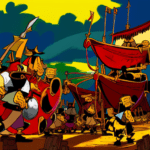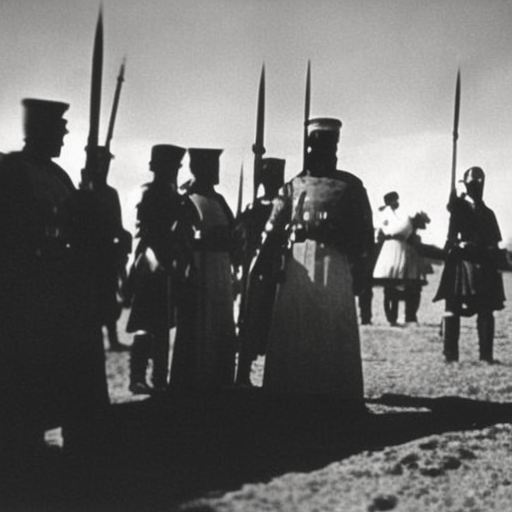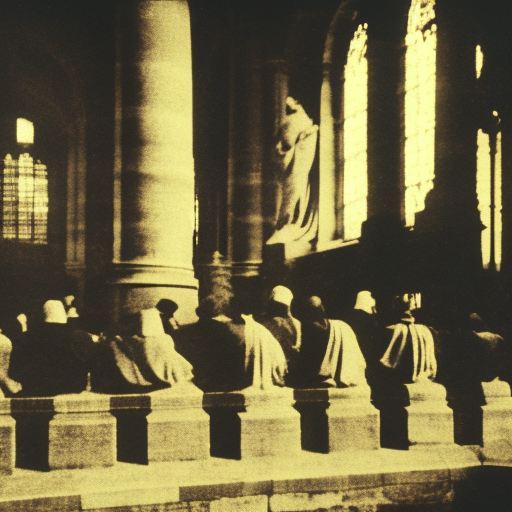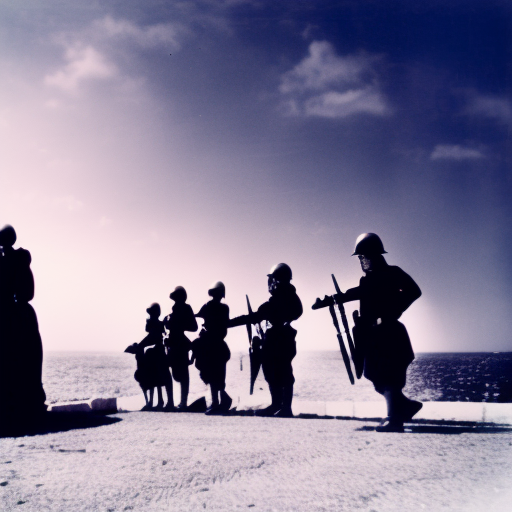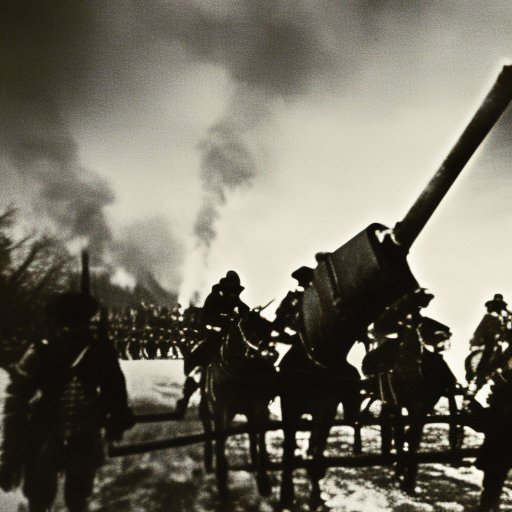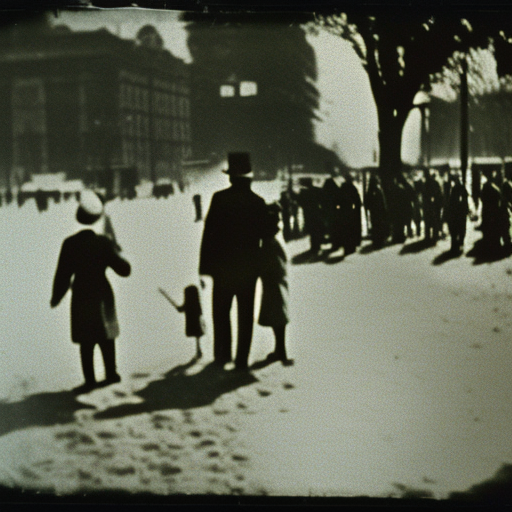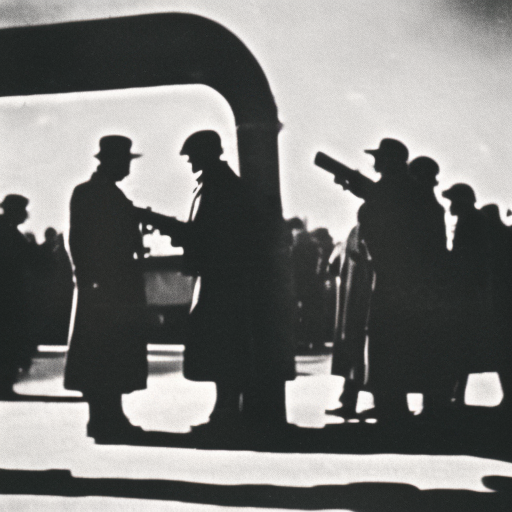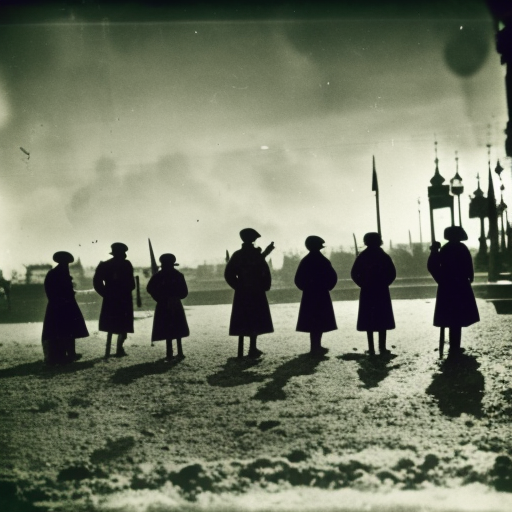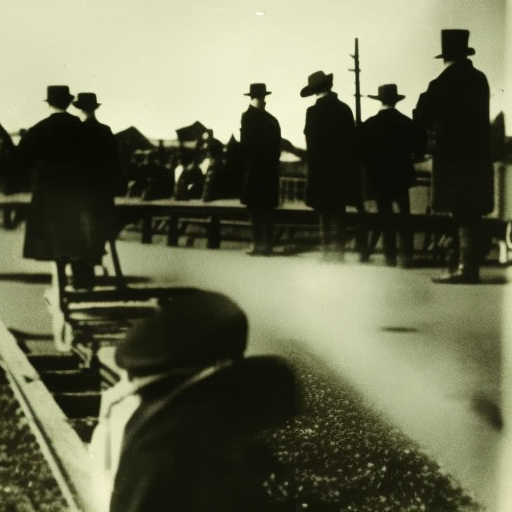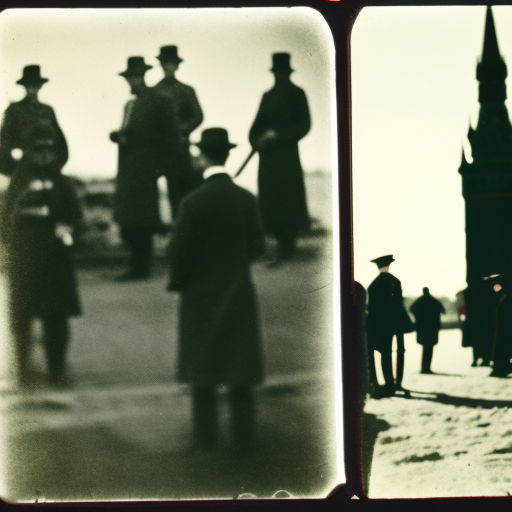Barnaby Rudge” by Charles Dickens is a historical novel set during the Gordon Riots, exploring themes of love, loyalty, and the consequences of mob violence.
The Gallic Wars led by Julius Caesar Explained
Julius Caesar’s military campaigns against the Gauls, resulting in Roman conquest and significant political and military advancements.
The Marshall Plan (1948) Explained
The Marshall Plan was a US initiative to provide economic aid to war-torn Europe after World War II.
The Council of Trent (1545-1563) Explained
The Council of Trent was a significant event in the Catholic Church’s history that addressed the Protestant Reformation and implemented reforms within the Church.
The Siege of Malta (1565) Explained
The Siege of Malta (1565) was a pivotal battle between the Ottoman Empire and the Knights Hospitaller, resulting in a Christian victory and halting Ottoman expansion into the Mediterranean.
The Battle of Trenton (1776) Explained
The Battle of Trenton was a pivotal American Revolutionary War battle in which George Washington’s forces surprised and defeated Hessian troops, boosting morale and turning the tide of the war.
The Non-Aggression Pact (1939) Explained
The Non-Aggression Pact (1939) was a treaty signed between Nazi Germany and the Soviet Union, which temporarily ensured peace between the two countries before the outbreak of World War II.
The Anschluss (1938) Explained
The Anschluss (1938) refers to the annexation of Austria by Nazi Germany, marking a significant step towards Adolf Hitler’s goal of creating a Greater German Reich.
The October Revolution (1917) Explained
The October Revolution of 1917 was a pivotal event in Russian history that led to the establishment of a communist government under the leadership of Vladimir Lenin.
The Assassination of Archduke Franz Ferdinand (1914) Explained
The assassination of Archduke Franz Ferdinand triggered the start of World War I.
The Anglo-Russian Entente (1907) Explained
The Anglo-Russian Entente was a diplomatic agreement between Britain and Russia in 1907 aimed at resolving their imperial conflicts and establishing spheres of influence in Persia, Afghanistan, and Tibet.
The Decembrist Revolt (1825) Explained
The Decembrist Revolt was a failed uprising by Russian military officers against the autocratic rule of Tsar Nicholas I in 1825.

